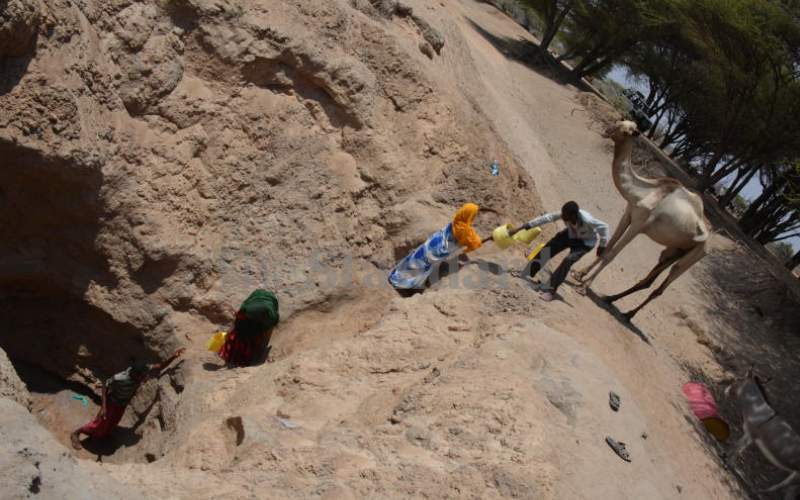×
The Standard e-Paper
Fearless, Trusted News

Pastoralist communities in Kenya’s north are counting their losses as the effects of drought become more pronounced. In July, the Drought Management Authority issued a drought alert in the arid and semi-arid counties of Kajiado, Turkana, Mandera, Garissa, Wajir, Baringo, Kilifi, Isiolo, Tana River, Kwale, Marsabit and Kitui.